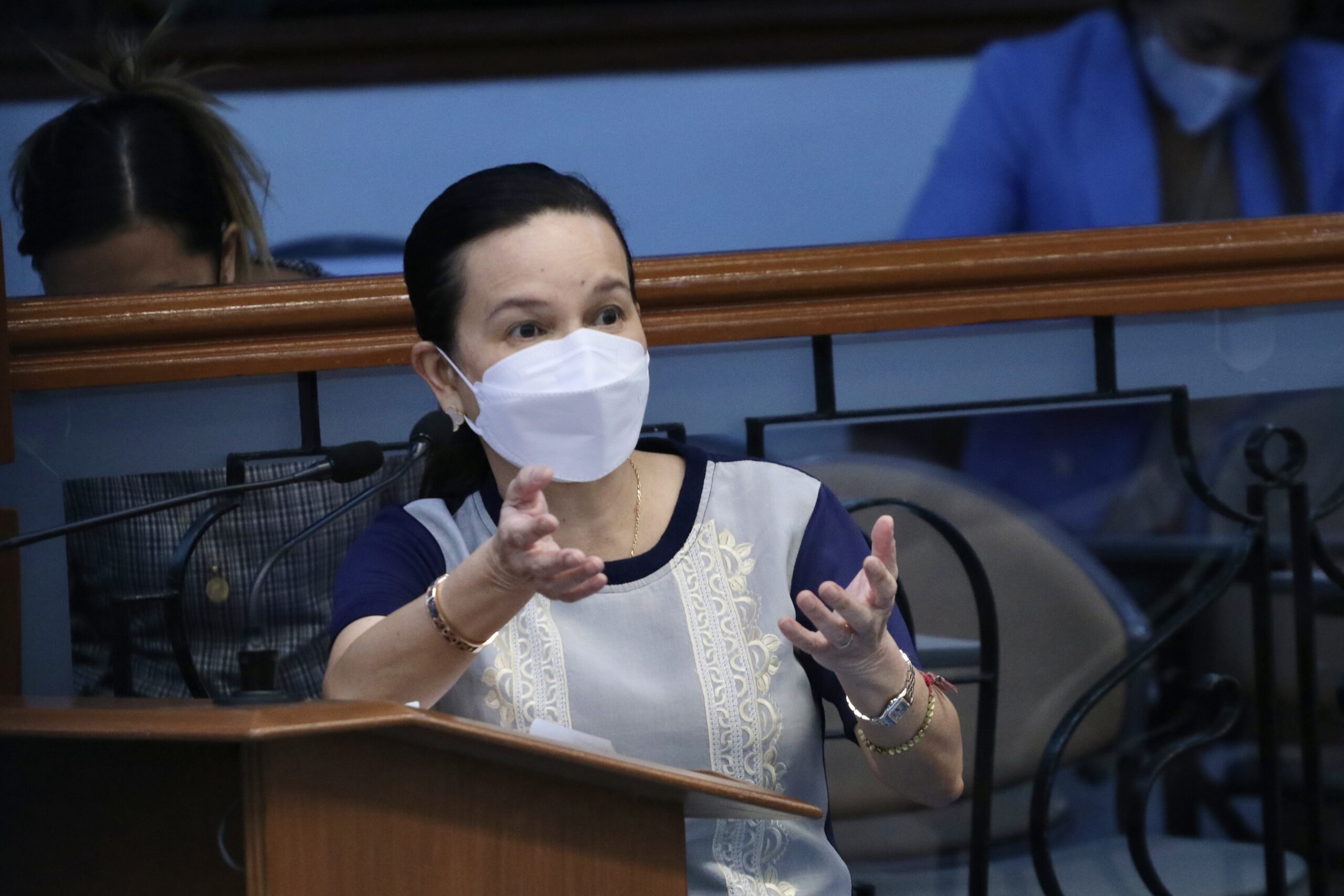Sen. Grace Poe has filed a bill that will pave the way for the timely registration of vulnerable Filipino children to assure them of recognition and protection from the government.
Poe’s Senate Bill 332 or the Children in Need of Special Protection (CNSP) Birth Registration Act seeks to provide an enhanced framework for the prompt birth registration of vulnerable Filipino children to guarantee their rights.
“Birth registration is the first crucial step in establishing one’s legal identity and entitlement to state benefits,” Poe stressed.
The bill defines CNSP as persons below 18 or even 18 and older but unable to care for themselves due to physical or mental disability; or who are vulnerable to or victims of abuse, neglect, exploitation, cruelty, discrimination, violence, natural calamities, man-made disasters and other analogous conditions prejudicial to their development.
CNSP include but are not limited to children who are sexually/physically abused, in situations of armed conflict, displaced, victims of child labor, streetchildren and foundlings.
“Non-registration of children makes them invisible to the developmental radar of the state, which must include them in priority initiatives on health, nutrition, education and protection,” Poe stressed.
The proposed measure gives authority to a licensed social worker or persons/institutions with protective custody of the said child to register him or her, in adherence to procedures.
Registration shall be made in the Local Civil Registry Office where the child was born, if known; if unknown, it shall be done in the place where the child was found.
The bill mandates said registration to be carried out within 60 days from the date of actual custody of the child, except during armed conflicts or disasters, in which case it shall be made 60 days after the pronouncement of cessation of said situations.
Requirements for CNSP birth registration include: certification from the Philippine Statistics Authority (PSA) that it has no record yet of the child’s birth; a licensed social worker’s case study of the child; and certification from the nearest regional field office of the Department of Social Welfare and Development that the child is a child in need of special protection, stating also his/her name, sex, date of birth (if known), place of birth, name of at least a parent, and citizenship of parent/s.
For undetermined details, the word “unknown” shall be acceptable in the certificate of live birth, the bill provides. The approximate date of birth may also be certified by medical or dental practitioners, following protocols.
Penalties for violations include fines of up to P30,000 without prejudice to further disciplinary action against erring officers.
The PSA reported that five million Filipinos nationwide were unregistered as of 2019, 40 percent of whom were minors between 0 and 14.
“Guaranteeing our children’s right to have a legal name is giving them justice and an environment that is conducive to their growth and development. We must not be remiss in this foremost duty,” Poe said.
